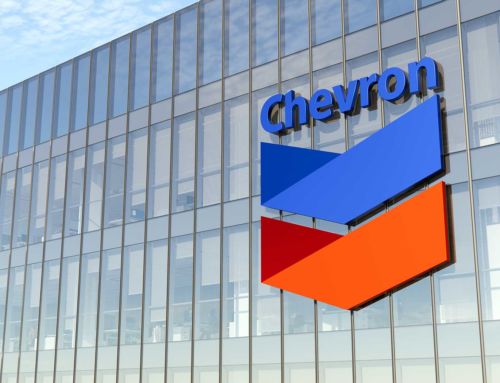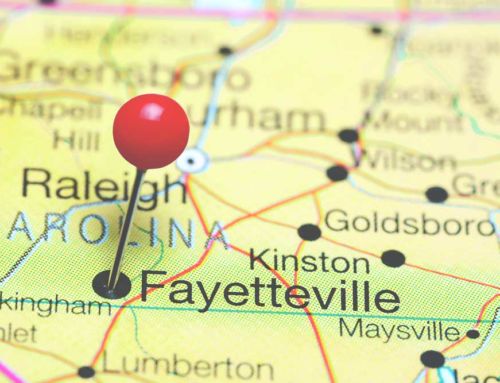The city of Seattle is the latest municipality to enlist the help of Baron & Budd and Gomez Trial Attorneys to file a lawsuit against Monsanto Co. for PCB contamination of a municipal waterway. In this case, Seattle is suing Monsanto for the cost of cleaning up contamination affecting the Lower Duwamish River. Seattle is the sixth city to hire the two law firms to take action against Monsanto, joining Berkeley, Oakland, San Diego, San Jose and Spokane.
A Long History of Environmental Destruction
Monsanto produced toxic chemicals known as PCBs (polychlorinated biphenyls) for more than four decades before Congress finally banned their use in 1979. However, by the time that ban was enacted, the damage was already done – and continues to this day. PCBs were incorporated into a wide range of products, including building materials, electrical equipment and many others.
The company continued to produce this toxin although it was well aware of its impact on the environment. PCBs can easily escape into the environment, polluting not only air and soil but also waterways. Monsanto profited from this chemical for years while concealing information regarding the danger it posed.
PCBs have not only been linked to cancer and other serious illnesses in humans, they have also been known to destroy the habitats of fish and wildlife. As a result, many municipalities have decided to take legal action in order to force Monsanto to pay for PCB cleanup.
Contamination of the Lower Duwamish
In order to meet water quality goals, a massive cleanup of the contaminated wastewater and storm water effluent flowing into the Lower Duwamish will be needed. And, of course, that will be extremely expensive. The lawsuit was filed in order to hold Monsanto accountable for the mess it created.
[greybox]Baron & Budd is ready to help if your city’s waterways have been affected by PCB contamination. If you would like to learn more about your potential legal options, please call or [contactformlink] to schedule a consultation.[/greybox]


